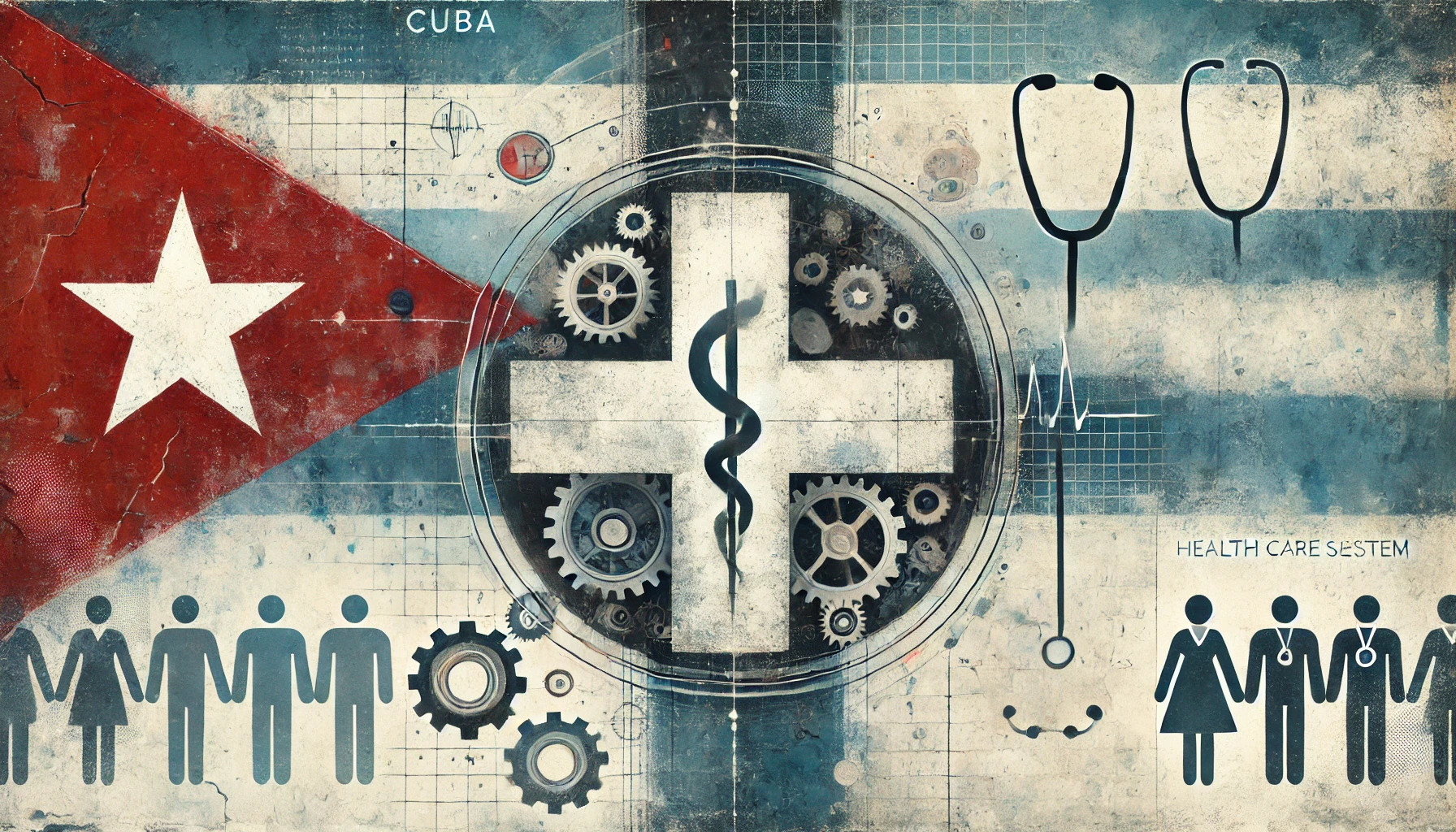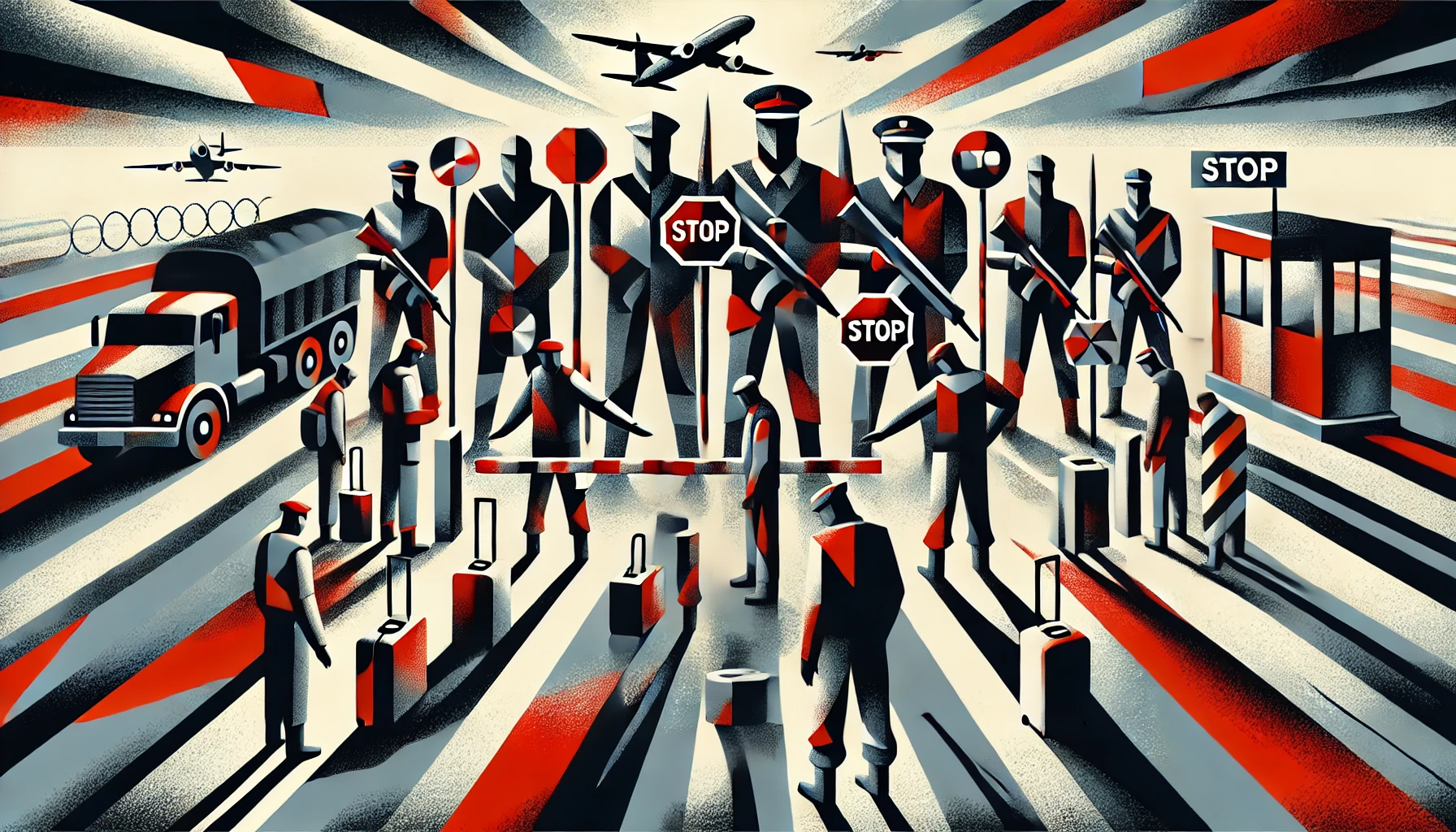Cuba’s healthcare system has undergone significant changes since the communist revolution in 1959, with the government claiming to have made impressive advancements. However, a closer examination reveals a more complex picture, with serious deficiencies, human rights concerns, and a lack of transparency.
Early Developments Post-Revolution
Following the 1959 revolution, Fidel Castro’s government nationalized the healthcare system and made it a state priority. By the 1980s, Cuba had a high doctor-to-patient ratio and had eradicated several diseases. However, the quality of care was inconsistent, with shortages of medical supplies and outdated facilities [1].
A Cuban doctor who defected in 1999 stated, “The Cuban medical system is a shameful disaster…Cubans have no quality of life. I’ve seen people die from diarrhea and malnutrition – things that shouldn’t happen in a developed country.” [2]
The “Special Period” and Its Impact
The collapse of the Soviet Union in 1991 led to a severe economic crisis in Cuba known as the “Special Period.” This resulted in shortages of food, fuel, and medical supplies. Hospitals lacked basic necessities, and infectious diseases increased. Caloric intake decreased by 40% between 1989-1993. [3]
A Cuban nurse recalled, “We had to reuse needles until they were blunt. We lacked antibiotics, antiseptics, almost everything. Patients suffered terribly and many died from conditions that would have been easily treatable with proper supplies.” [4]
Healthcare as a Propaganda Tool
The Cuban government has long used its healthcare system for propaganda purposes, sending doctors abroad and touting inflated statistics. However, there are two tiers of healthcare in Cuba – one for paying foreigners and elites, and a lower-quality system for average citizens. [5]
Hospitals catering to “health tourists” are well-equipped, while facilities for Cubans suffer shortages and poor hygiene. Complaints or negative reporting about the system can lead to intimidation and arrest. [6]
Conclusion
While the Cuban government claims its healthcare system is a model for the world, the reality for average Cubans is far less impressive. Decades of economic mismanagement, lack of freedoms, and government hypocrisy have undermined health outcomes. The true picture is obscured by a lack of transparency and restrictions on reporting.
As historian Katherine Hirschfeld wrote, the Cuban health system is “failing to provide sustainable high-quality care to its own citizens” and its reputation “has been overplayed for political purposes.” [7] Without significant reforms, ordinary Cubans will continue to suffer under a medical system that prioritizes image over substance.
References
- Hirschfeld, K. (2007). Health, politics, and revolution in Cuba since 1898. Transaction Publishers.
- Coll, A. R. (1999, May 31). Testimony of Cuban Doctor Defector. United States Senate.
- Garfield, R., & Santana, S. (1997). The impact of the economic crisis and the US embargo on health in Cuba. American Journal of Public Health.
- Becker, W. S. (2004). Special Period. Encyclopedia of Cuba: People, History, Culture.
- Campion, E. W., & Morrissey, S. (2013). A different model – medical care in Cuba. New England Journal of Medicine.
- Hirschfeld, K. (2007). Re-examining Cuban civil society. Journal of Latin American Studies.
- Hirschfeld, K. (2001). Socialism’s dilemmas: Health, inequality, and policy reform in Cuba (Doctoral dissertation). University of Arizona.







